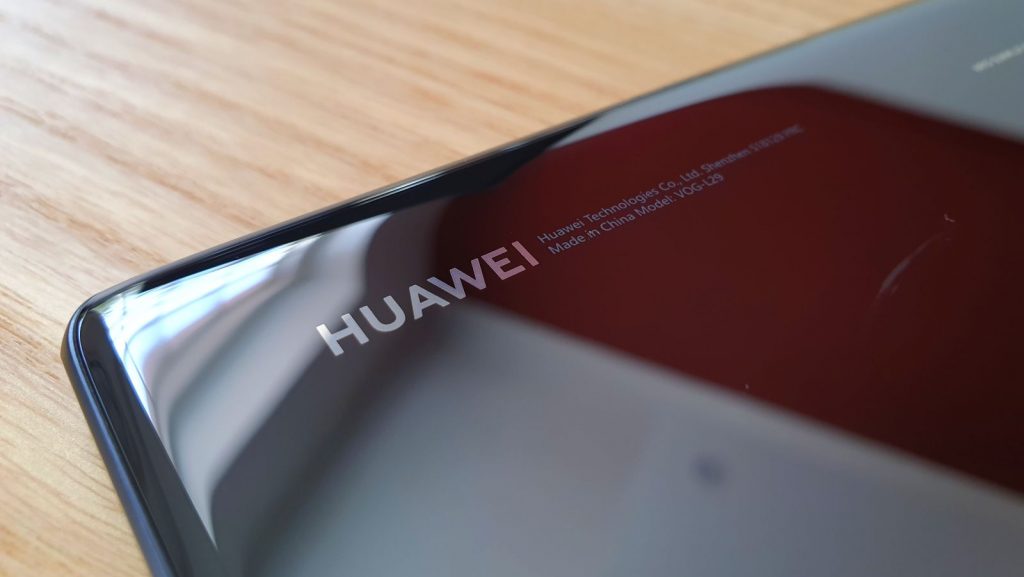South Africa’s retail forex industry is entering a decisive phase as regulation tightens and consolidation accelerates. What does it mean for brokers and traders?
US government set to place more restrictions on Huawei in 2020

The US Government will intensify its trade ban against Chinese tech giant Huawei, this according to US commerce secretary Wilbur Ross.
Speaking to Bloomberg during an interview in Davos on Thursday, Ross confirmed that more restrictions will be put in place, contrary to reports in late 2019 of a possible reprieve.
“They are works in progress that will come out near-term,” he told reporters.
This follows Huawei’s placement on the “entities list” back in May 2019.
The entities list restricts Huawei from trading with US firms unless permitted by the US government.
Following the ban, the implications have been widespread for the Chinese firm, which receives software support from Google, hardware from the likes of Qualcomm and Broadcom, and chip architecture rights from UK firm Arm.
More restrictions will likely mean that its forthcoming devices won’t run a Google-supported version of Android.
Furthermore, it also forces US telecom firms to purchase hardware from other suppliers. This also comes at the dawn of the 5G rollout in America.
Ross told Bloomberg that the country’s goal isn’t to strangle Huawei into submission, but rather protect the nation’s security.
Nevertheless, Huawei has spent much of 2019 working on alternatives to US-made technology.
It recently signed a deal with Dutch mapping firm TomTom to provide navigation software and support to its future devices.
The firm has also developed its own operating system dubbed Harmony, which it believes can power a number of devices from computers to smart vehicles.
In South Africa, Huawei has also encouraged developers to create and list apps on its AppGallery, the company’s Google Play Store alternative.
Feature image: the Huawei P30 Pro, by Andy Walker/Memeburn


